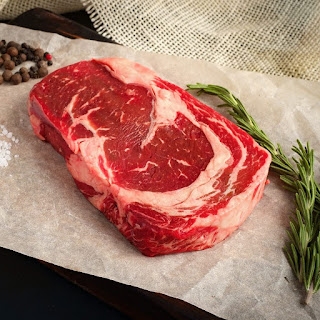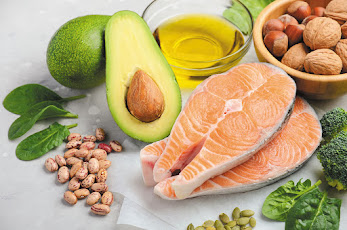
BASAL METABOLIC RATE - BMR • • In this post we are going to talk about what is: • Anabolism, • Catabolism, • W hat is Basal Metabolic Rate or what is your BMR, • F actors that increase BMR, • F actors that decrease BMR, • and finally how to count your BMR. We talk about Anabolism when we talk about: • Assimilation of nutrients or it's synthesis. • It is the set of metabolic pathways that use ATD produced by catabolism to synthesize complex biomolecules cell and tissue construction. When we talk about Catabolism we talk about: • Degradation (destruction). • Process of transforming energy which has been assimilated by the organism(provides energy) • Release of energy by oxidation. • ATP production. • • BMR represents the minimal work to ensure vital sanctions, hard breathing and brain temperature. • • BMR represents 50-70% of calorie expenditure per day. • • BMR decreases with age by 2% decade of ...










